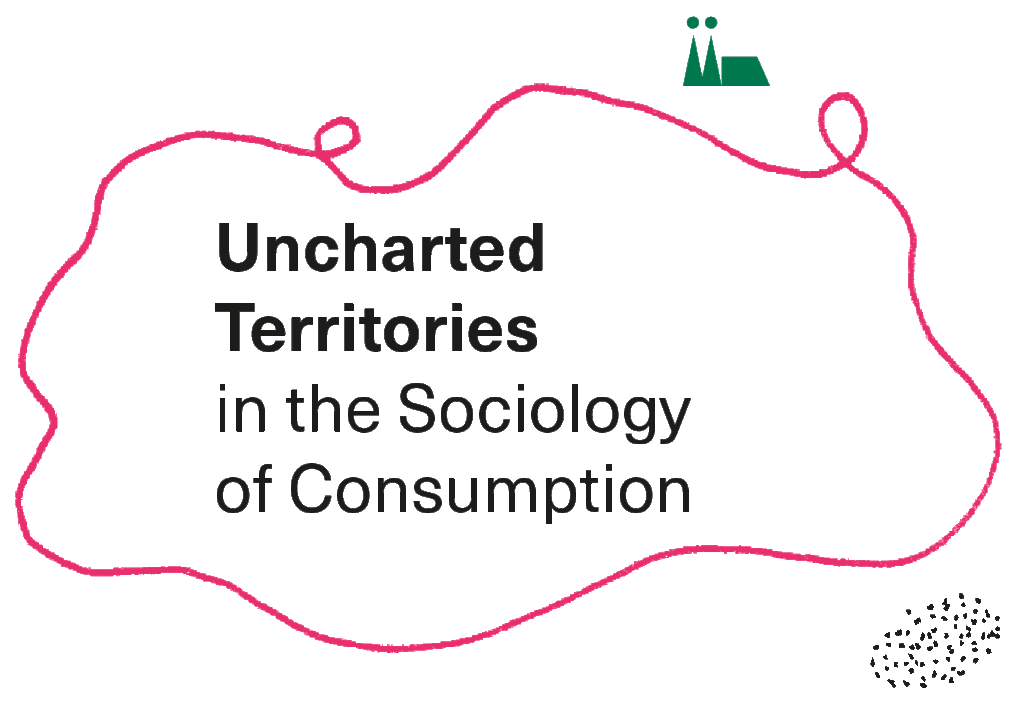
University of Bologna
Dr. Roberta Sassatelli is Professor of Sociology at the Department of History and Cultures of the University of Bologna, specialising in consumer culture, cultural theory, gender studies and the sociology of the body. She received her PhD in Social and Political Sciences from the European University Institute in Florence in 1996.
Prior to her current position, Dr. Sassatelli held academic positions at the University of Milan and the University of East Anglia in the UK. She is a founding member of the journal “Studi Culturali” and is currently co-editor of the “European Journal of Sociology”. Her recent publications include “Italians and Food” (2019) and “Body and Gender” (2024).
Bodies, Billionaires and the Logic of the Commodity. Conspicuous Sustainability, Degrowth and Decoloniality
As we are both increasingly accustomed and stunned by it, the logic of the commodity has revealed its ambivalence with superb clarity. A series of consumer boycotts and ethical consumer initiatives have accompanied the expansion of the commodity frontier through the historical development of consumer capitalism, and we have come to recognize that the idea that commodities exist outside of politics is just one side of the coin. Consumer activism has emerged as a powerful tool for political and ethical resistance, showing that commodification is both routinely taken for granted and continuously challenged. The logic of the commodity entails the banalization of the gap between production and consumption as well as the objectification of a utilitarian reconciliation of individual and communal matters – and yet concerns about inequality and climate change continually challenge the boundaries between these spheres of life.
Today, following decades of neoliberal dominance, consumption is no longer viewed solely as a space for individual self-expression. Instead, it is increasingly framed through moral and political lenses both by market actors and within civil society. A proliferation of sustainable goods has emerged across the Global North, promoted as ethical alternatives: environmentally friendly, supporting fair labor practices, and addressing global inequalities. These products often coexist with, or contrast against, systemic approaches like reducing, reusing, and recycling. Together, they form a complex and sometimes contradictory system that demands significant emotional, cognitive, and temporal investments from both consumers and producers. Indeed, the rise of fair trade and sustainable consumption itself introduces new forms of social differentiation. Far from being socially neutral, these practices can reinforce inequalities and status distinctions through discourses on moral legitimacy as well as access to resources. Efforts to protect a shared ecological future are often entangled with cultural, social and economic structures that are based on and perpetuate inequality. Taken together, debates on decolonization and degrowth may help ponder on the puzzle of the commodity today: they increasingly intersect with environmental concerns, reframing sustainability as not only a technical or scientific issue but also a cultural, economic and political battleground.
This paper draws on the historical moralization of the commodity form, considering its performative role in defining the boundaries of consumer capitalism, consumer embodied subjectivities, and social dynamics. It highlights how subjective embodiment and social inequality are crucial for critically understanding how sustainability may be implicated in conspicuous distinction and reworked through notions of degrowth and decoloniality – approaches that demand a fresh look at the social bonds and the ways they can be reimagined beyond our hegemonic models.

Institute of Sociology CAS
Dr. Petr Jehlička is a researcher at the Institute of Sociology of the Czech Academy of Sciences, focusing on informal economies, everyday sustainability, resilience, alternative food networks and environmental politics. He received his PhD in Social and Political Sciences from the University of Cambridge in 1998, with a dissertation on environmental politics in Western and Eastern Europe.
Dr. Jehlička has taught environmental geography at the Open University in the UK and has been a visiting scholar at the European University Institute in Florence and the Ruralia Institute in Finland. His research emphasises the importance of informal food production and distribution in promoting social resilience and sustainability.
Eastern Europe, sustainable food consumption and the sociology of knowledge production: Insights from the epistemic periphery
What would be the contours of the body of sociological knowledge on sustainable food consumption if it drew on research outside the epistemic centre, and specifically in Eastern Europe? Replicating the flow of policy know-how ‘from the West to the Rest’, international institutions exported the globalised notion of sustainable consumption in East European countries in the early 2000s. Since then, in this part of Europe, the ethical and political variant of sustainable food consumption has coexisted and interacted with its ‘vernacular’ forms that predate the import.
Despite its considerable potential to extend sustainable consumption scholarship, the latter form has been lingering in the margins of academic interest. Seeking to script knowledge from this epistemic periphery as the region-transcending novelty and inspiration, the talk proposes a range of shifts in how we think about sustainable consumption. The first shift is a dissolution of the separation between sustainable food consumption and production. Many consumers in Eastern Europe are simultaneously food producers. The second is the break from the notion of sustainable consumption as an act related exclusively to market relations. Third, as sustainable food consumption East-European-style demonstrates, it can be a widespread, well-established, inclusive, affordable and ‘everyday’ practice, rather than precarious, niche and elitist. This disassociates the achievement of sustainable consumption from the unspecified future as a result of the adoption of learned intentionality and conversion towards ethically motivated consumptive behaviour. It also allows for a more complex understanding of the temporality of sustainability that embraces the past and present as equal to the future.
The findings from Eastern Europe question the dominance of capitalist linear time and retrofit nature-related cyclicity in sustainable consumption thinking. Importantly, this notion of ‘already existing’ sustainable food consumption also removes the burden of conceptualising sustainable consumption as an outcome of amplified innovation and novelty. Overall, the talk is an invitation to contemplate a scenario of reversing the flow, or at least extending the range of sources, of sociological knowledge on sustainable consumption.
